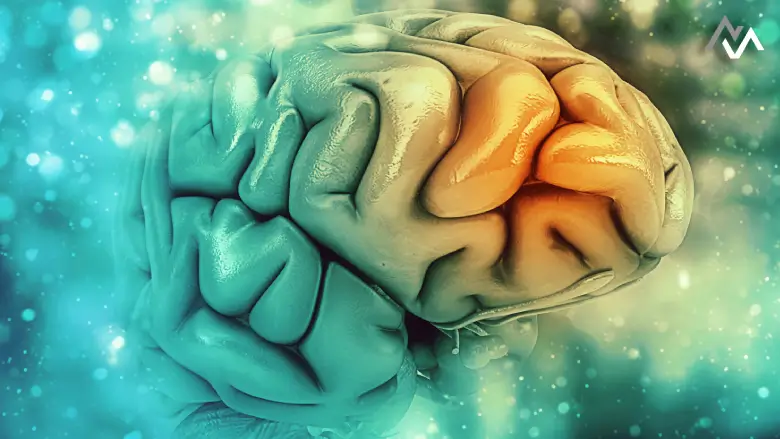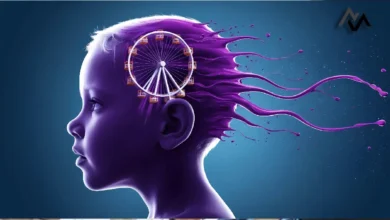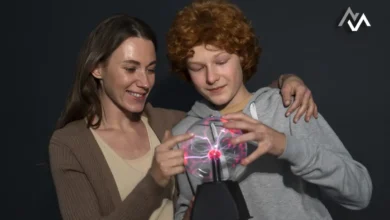Understanding Episodic Memory Formation: New Insights

Episodic memory, the ability to recall specific events and experiences from our lives, plays a critical role in shaping who we are. Recent research has shed new light on how episodic memories are formed, providing valuable insights into this intricate process.
Episodic memory formation involves several key processes, including encoding, consolidation, and retrieval. During encoding, sensory information is transformed into a coherent memory trace. This stage is crucial as it determines how effectively the memory will be stored and recalled later. The brain regions responsible for encoding episodic memories include the hippocampus and surrounding cortical areas, which work together to create a detailed representation of the event.
Consolidation is the next phase, where the encoded memory is stabilized and integrated into long-term storage. This process can take days or even years and is influenced by various factors, including sleep, emotional significance, and repetition. Recent studies have shown that consolidation involves the reactivation of the original memory trace during sleep, which helps strengthen and integrate the memory into existing knowledge.
Retrieval is the final stage, where the stored memory is accessed and recalled. Effective retrieval relies on various cues and the strength of the memory trace. Research has highlighted the role of the prefrontal cortex in retrieval, emphasizing its importance in accessing and reconstructing episodic memories.
Understanding these processes is not only crucial for grasping how our memories work but also for addressing memory-related disorders. Advances in neuroscience have the potential to improve our approaches to treating conditions such as Alzheimer’s disease and other forms of dementia, where episodic memory is significantly affected.
In summary, the formation of episodic memory involves complex interactions between encoding, consolidation, and retrieval. By continuing to explore these processes, scientists aim to unlock new ways to enhance memory and address memory-related challenges.




